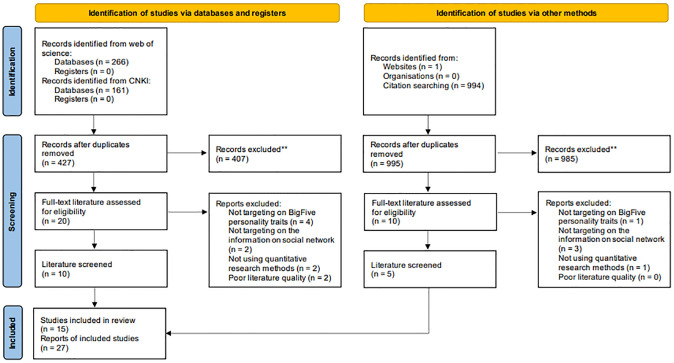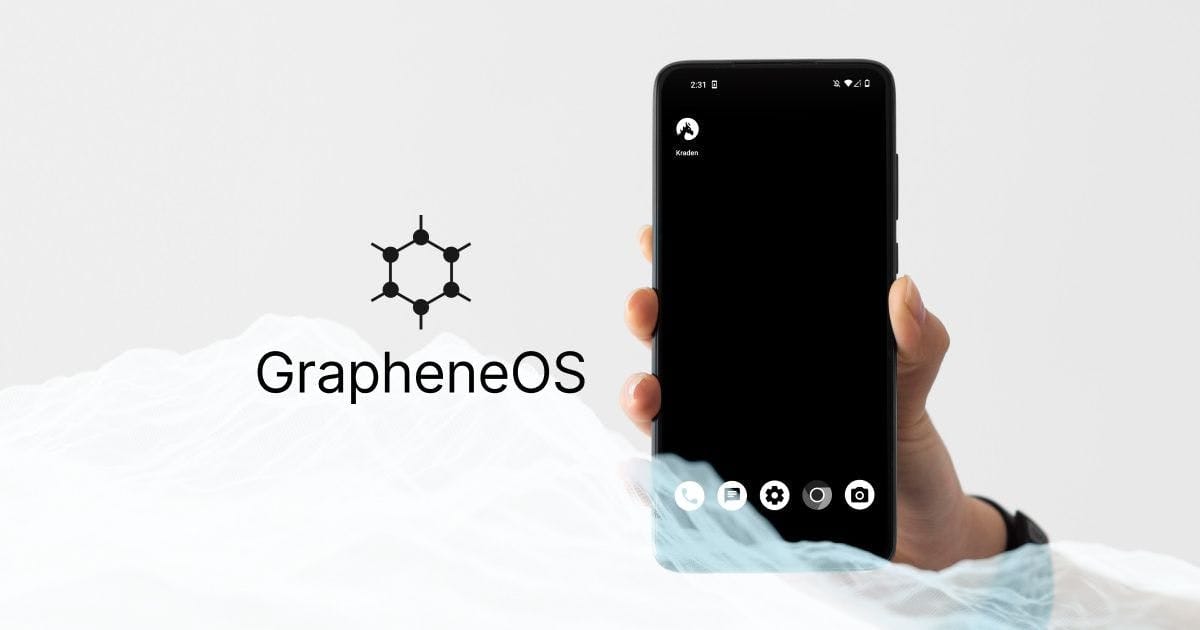When Cambridge Analytica collapsed in 2018, there was a collective sigh of relief. Politicians, journalists, and the public seemed to think:
Well, that’s over. The dark art of psychographic voter manipulation has been exposed and stamped out.
If only.
Cambridge Analytica didn’t die—it mutated. Its executives, investors, and data scientists didn’t suddenly decide to sell cupcakes or sell lemonaide. Instead, they quietly shuffled into new corporate shells with boring names and vague mission statements. Same people. Same tricks. New coat of paint.
This isn’t a conspiracy theory either. The company’s paper trail, shareholder lists, and staff résumés tell the story. And if you thought CA was bad, wait until you see what its spin-offs got up to when the spotlight moved on.
🧟 Let’s meet the zombie children of Cambridge Analytica 👋👋👋
👋 Emerdata: The Zombie Parent Company
Emerdata was incorporated in the UK in 2017, right as the walls were closing in on Cambridge Analytica. Officially, it was a “data processing and analytics” firm. Unofficially, it was a storage locker for CA’s assets and a revolving door for its top brass.
The board of directors was a who’s who of CA scandal. Alexander Nix, CA’s disgraced CEO, sat alongside Rebekah and Jennifer Mercer, heirs to the Mercer family fortune that had bankrolled much of CA’s political operations. Johnson Chun Shun Ko, a business associate of Erik Prince (yes, that Erik Prince, of Blackwater fame), also popped up as a director.
Emerdata never marketed itself to the public the way CA did. It didn’t need to. It existed to keep the machinery alive, consolidate the pieces, and perhaps wait until the outrage died down. Think of it as CA’s ghost—haunting corporate registries and carrying on just enough activity to stay relevant.
Was Emerdata running global elections in secret? Probably not. But it provided continuity, resources, and, most importantly, plausible deniability for CA’s alumni to keep operating.
👋 Auspex International: The “We’ve Changed” Consultancy
In 2018, Ahmad Al-Khatib, a former CA staffer, launched Auspex International. Their mission? Helping campaigns, governments, and NGOs “understand people better.” Sounds harmless, doesn't? Until you remember that’s exactly how CA sold itself—before being caught strip-mining Facebook data.
Auspex promised it was different. No shady scraping. No backroom psychographic profiling. Just clean, ethical data analysis. But look under the hood, and the methods looked very familiar: segment populations, identify emotional triggers, and build messaging that tugs at the right psychological levers.
Auspex wasn’t small-time either. Reports linked it to work in Africa and the Middle East, where democratic oversight of campaign practices is often weaker. Why mess around in U.S. or UK politics, where regulators are watching, when you can apply the same playbook in Nairobi or Amman without as much scrutiny?
The lesson: when scandals blow up in one jurisdiction, firms like Auspex simply export the tactics elsewhere. Out of sight, out of mind.
👋 Data Propria: The American Cousin
Meanwhile, back in the U.S., Cambridge Analytica’s 2016 Republican Presedential Nominee campaign team regrouped under a new banner: Data Propria. Founded by Matt Oczkowski—who had run CA’s political data operations—Data Propria wasted no time in getting contracts.
By 2018, reports surfaced that Data Propria was working for the Republican National Committee. Journalists pressed Oczkowski on whether his firm was involved in Trump’s 2020 re-election campaign. He insisted no… until he was caught on tape admitting exactly that. Classic CA-style doublespeak.
Like its parent, Data Propria specialised in microtargeted digital advertising—profiling voters, building psychological models, and delivering ads so personalised they felt like someone had been reading your diary. If you ever wondered why a political ad on Facebook seemed uncannily relevant to your private anxieties, firms like Data Propria are the reason.
Despite the bad press, none of this was illegal in the U.S. The regulations hadn’t caught up, and Data Propria knew it.
The Tiger Hasn't Changed, It Just Changed Appearance
So what do we see across Emerdata, Auspex, and Data Propria? A pattern from the past:
- Rebrand when the old name becomes toxic.
- Retain the same executives, investors, and methods.
- Relocate to new markets or client bases where scrutiny is lighter.
- Repeat the cycle until caught again.
Cambridge Analytica may have been the poster child of data-driven political manipulation, but it wasn’t the end of the story. It was the opening act.
And here’s the uncomfortable truth about all of this: the tactics work. Microtargeting, psychographic profiling, behavioural nudges—they all exploit the same psychological weak points that advertisers and political strategists have used for decades. CA just digitised and scaled it. Why would anyone give that up?
Why This Still Matters
You might be wondering: Okay, but why should I care in 2025?
Because the same techniques that CA pioneered are now industry standard. The difference is, the firms doing it today are smarter about staying out of headlines. Instead of scraping Facebook in broad daylight, they’re buying datasets from brokers, cross-referencing them with voter files, and running their operations through multiple shell companies.
The effect is the same: ordinary people being profiled, nudged, and manipulated without their knowledge. Whether it’s a political ad, a referendum campaign, or even a “public health initiative,” the ghost of Cambridge Analytica is whispering in the background.
Conclusion: New Names, Old Game
Cambridge Analytica is gone, but its DNA lives on in firms like Emerdata, Auspex, and Data Propria. They may not always be household names, but they don’t need to be. Their clients know who to call when they want to shape public opinion at scale.
So next time you see a strangely personal ad pop up on your feed, don’t just shrug it off as clever marketing. Ask yourself: who’s really behind it, and what do they stand to gain?
Because chances are, you’re not the customer. You’re the product.
Posts In This Series

POST 1
Further Reading + Sources + References
Reuters: Google, Character.AI must face lawsuit over teen’s death - LINK



Reuters: Facebook must face DC attorney general’s lawsuit tied to Cambridge Analytica scandal - LINK

👉️ Social Media and the Big Five: A Review of Literature - LINK
👉️ Social profiling through image understanding: Personality inference using convolutional neural networks - LINK




✅ Want to learn how to update your privacy settings?
Naomi Brockwell’s NBTV YouTube channel features great explainers that are clear and easy to understand.

Dive deeper into current topics

Start with the basics of improving your privacy


















Member discussion